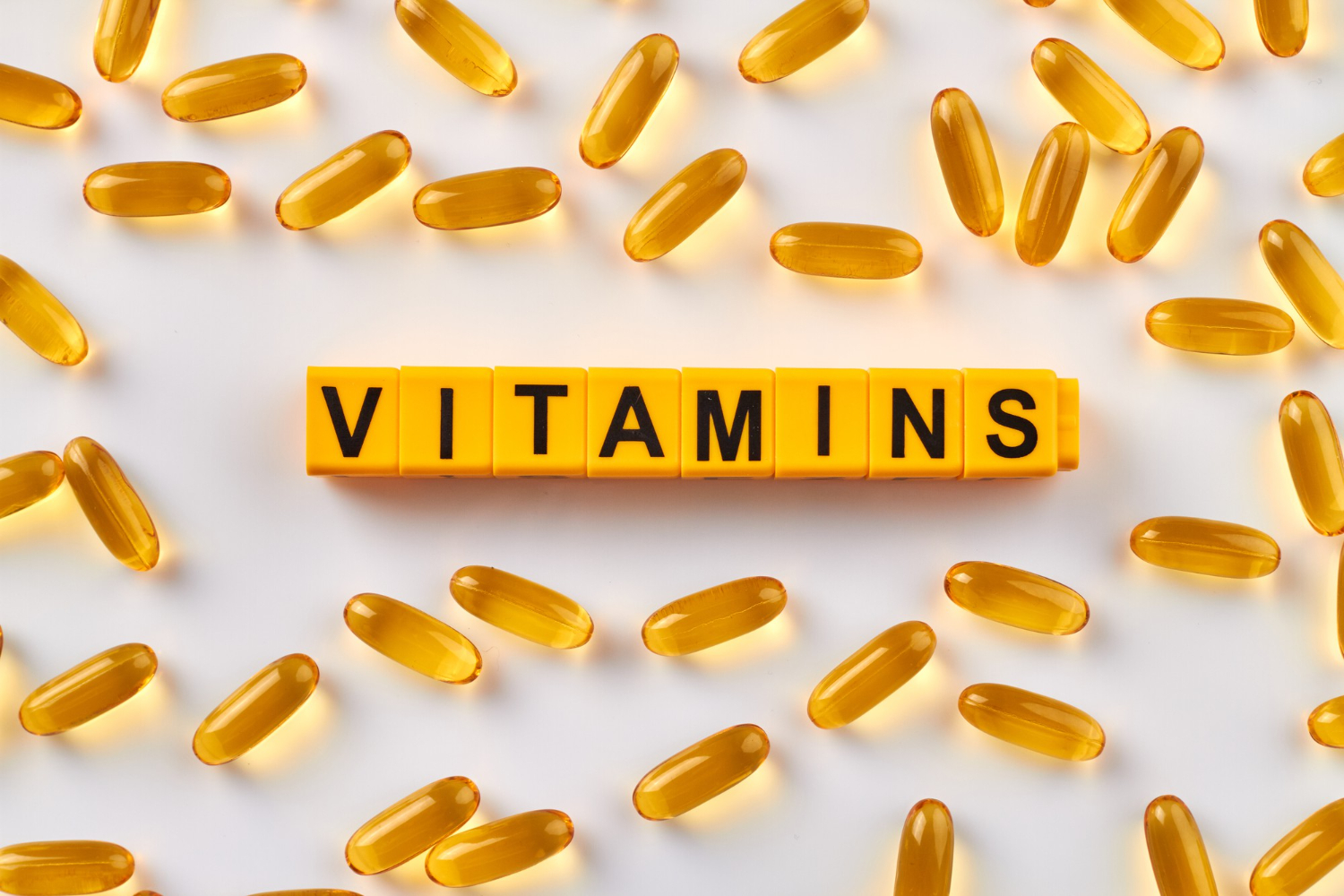Many people are looking for ways to improve their health through diet and nutrition. Among these options, vitamins play a crucial role in supporting overall wellness. Pure vitamins offer high-quality ingredients without unnecessary additives or allergens, making them a safe choice for those seeking to enhance their health.
As consumers become more aware of what they put into their bodies, the demand for pure vitamins has increased. Brands like Pure Encapsulations provide personalized options that cater to specific health needs. Their offerings are scientifically backed and focus on purity, ensuring that individuals receive what they need without harmful extras.
With various choices available, finding the right vitamin supplements can be overwhelming. This article will explore the benefits of pure vitamins, key features to look for in quality products, and how to choose the best options for individual health goals.
Essential Nutrients and Pure Vitamins
Pure vitamins play a crucial role in maintaining health. Understanding their classification, sources, and benefits can help individuals choose the right supplements.
Classification of Vitamins
Vitamins are classified into two main groups: water-soluble and fat-soluble.
- Water-soluble vitamins include Vitamin C and all B vitamins. They dissolve in water and are not stored in the body. This means they need to be consumed regularly to maintain health.
- Fat-soluble vitamins are Vitamins A, D, E, and K. These vitamins require dietary fat for absorption and can be stored in the body’s fatty tissues. They play vital roles in various bodily functions.
Both types are essential for overall health, supporting processes like metabolism, immunity, and vision.
Sources of Pure Vitamins
Pure vitamins can be obtained from various food sources and supplements.
Common sources include:
- Fruits and Vegetables: Rich in vitamins like Vitamin C and folate.
- Grains: Whole grains provide B vitamins such as niacin and thiamine.
- Dairy Products: Milk and cheese are good sources of Vitamins D and B12.
- Meat and Fish: These provide several B vitamins and Vitamin A.
Pure vitamins can also be found in high-quality supplements. Brands like Pure Encapsulations focus on creating products free from unnecessary additives and allergens, ensuring that users receive essential nutrients without harmful fillers.
Roles and Benefits
Vitamins serve various essential functions in the body.
- Immune Function: Vitamins A, C, and D support the immune system.
- Bone Health: Vitamins D and K are critical for maintaining strong bones.
- Energy Production: B vitamins play a vital role in converting food into energy.
- Skin Health: Vitamins E and C help maintain healthy skin and assist in healing.
Including a balanced mix of these vitamins through diet or pure supplements can help prevent deficiencies and support long-term health.
Understanding Vitamin Purity
Vitamin purity is an essential factor for both manufacturers and consumers. It involves how vitamins are sourced, processed, and the distinction between synthetic and natural forms. This understanding helps individuals make informed choices when selecting vitamin supplements.
Isolation and Extraction Processes
The isolation and extraction processes are crucial in determining vitamin purity. These processes aim to eliminate impurities and concentrate the active ingredients. Common methods include:
- Solvent Extraction: Uses solvents to dissolve vitamins, separating them from other compounds.
- Cold Pressing: Involves mechanically pressing plant materials to extract oils and nutrients without heat.
- Supercritical Fluid Extraction: Utilizes high-pressure carbon dioxide to separate vitamins while maintaining their integrity.
Brands like Pure Encapsulations emphasize high-quality sourcing and rigorous testing. This ensures that each vitamin capsule contains minimal contaminants and retains its effectiveness. The purity of the raw materials directly impacts the overall quality of the final product.
Synthetic vs. Natural Vitamins
The debate between synthetic and natural vitamins is significant. Synthetic vitamins are chemically manufactured, while natural vitamins come from real food sources. Each has its pros and cons.
Natural Vitamins:
- Usually easier for the body to absorb.
- Often contain additional beneficial compounds found in whole foods.
Synthetic Vitamins:
- Typically more affordable to produce and purchase.
- May be less effective or harder to absorb for some individuals.
Consumers should look for products that clearly label their sources. This helps in selecting options that align with personal health goals and dietary preferences. Understanding the difference can guide choices based on individual needs.
Safety and Efficacy
Ensuring the safety and efficacy of pure vitamins involves understanding regulations and standards, as well as assessing the purity of the products. These factors play a significant role in product quality and consumer trust.
Regulation and Standards
Dietary supplements, including vitamins, are regulated under the Dietary Supplement Health and Education Act (DSHEA) in the United States. This law requires manufacturers to ensure their products are safe and truthful in labeling.
The FDA does not approve supplements before they reach the market, but it monitors products for safety once they are available. Companies must adhere to Good Manufacturing Practices (GMP), which include:
- Testing raw materials
- Maintaining clean facilities
- Properly labeling products
These standards help minimize contamination and ensure that the products meet quality levels.
Assessment of Purity
Purity testing is crucial for determining the quality of vitamins. Companies should conduct thorough assessments to verify that their products contain the ingredients as labeled.
Common methods for testing purity include:
- High-Performance Liquid Chromatography (HPLC): This tests the amount of active ingredients in a vitamin.
- Mass Spectrometry: It identifies adulterants or contaminants in the product.
Reputable brands often share their purity testing results, ensuring transparency. Consumers can look for certifications from third-party organizations, which evaluate product safety and efficacy.



